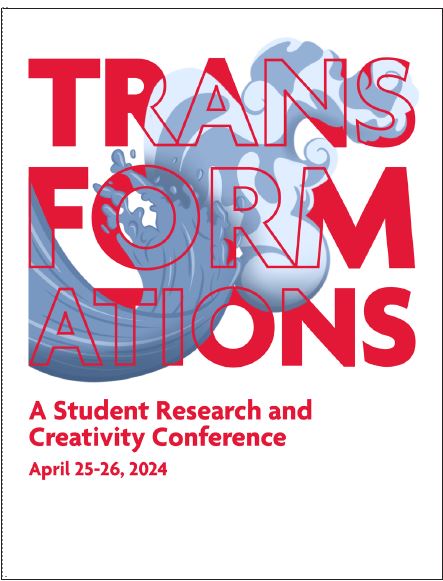Practitioners Attitudes and Beliefs on Opioids in generation Rx
Description
Prescription opioid misuse has become a global epidemic and is a major public health concern in the US. Non-medicinal use of opioid prescription drugs is at the forefront of the epidemic and is considered the “gateway” to other illicit opioid use. As opioid prescribing has increased, so has opioid-related deaths, surpassing car accidents as the leading cause of injury-related deaths. And although the amount of opioids prescribed has increased, the amount of pain reported has stayed constant. Prescribing practitioners are therefore crucial stakeholders in the opioid epidemic. Guided by institutional theory and theory of planned behavior, the proposed study will examine practitioners’ attitudes and beliefs on opioids in relation to impediments, perceived effectiveness, education, opioid drug schedules, and tamper-resistant formulations. Examining these factors is essential in creating educational and intervention strategies for achieving a balance in opioid prescribing is necessary. The study will employ a cross-sectional design, utilizing the Clinicians’ Attitudes and Beliefs about Opioids Survey. The instrument will be distributed electronically to a randomized stratified sample of 2100 Florida practitioners -physicians, nurse practitioners, and physician assistants.


